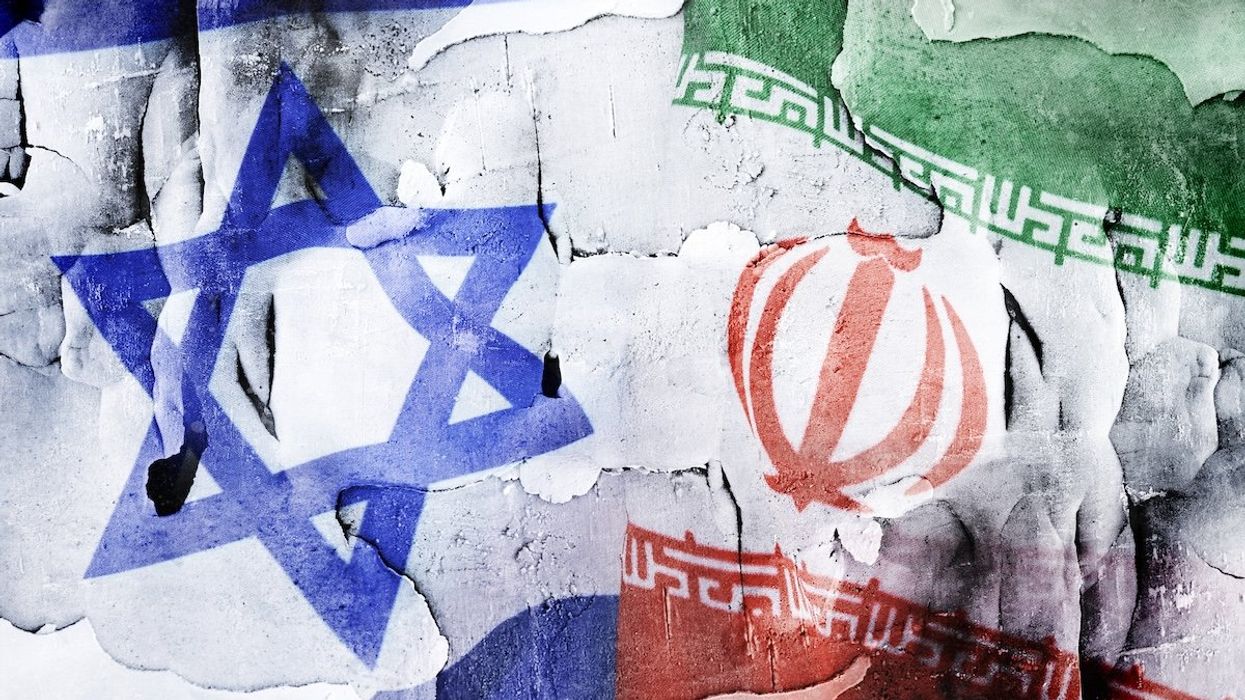What We're Watching
Israel hits Iran directly – what next?
Well, now we know the answer to the question of how Israel planned to respond to Iran’s airstrikes from last weekend. Explosions were reported near the northwestern Iranian city of Isfahan late Thursday, in what several major outlets reported, citing US officials and local sources, as an apparent Israeli airstrike.
Apr 19, 2024


